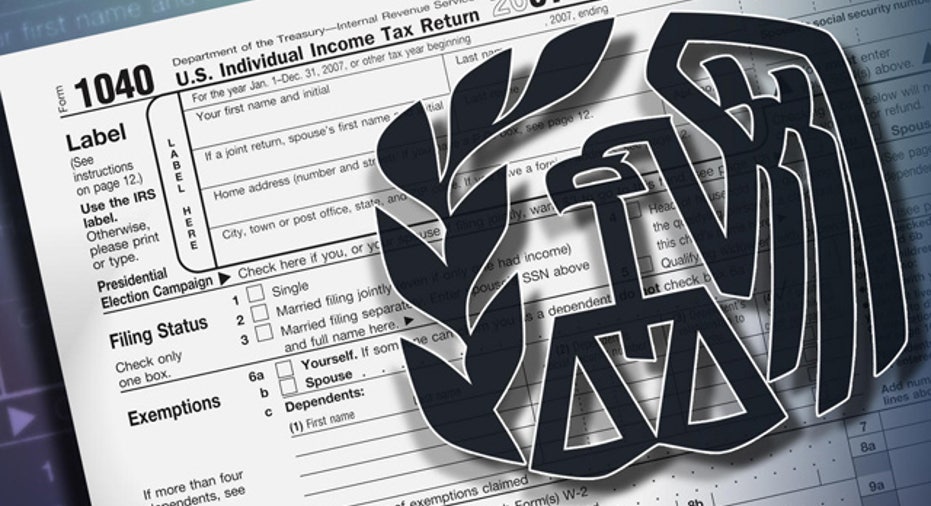Should Your Business be Set Up as a LLC?

When choosing a business entity structure, small business owners should consider consulting a lawyer and tax professional to choose the entity that best limits their liability as well as offers the best tax advantages. For various reasons, forming an LLC may not be the answer.
An LLC is established at the state level, and participants in the venture are called members. According to the IRS, “Most states do not restrict ownership, and so members may include individuals, corporations, other LLCs and foreign entities.” And the number of members is unlimited—you can have a single member LLC or as many members as you like. Note that a Sub S Corporation limits the number of shareholders to 100. And the type of shareholder is limited as well: only U.S. citizens and resident aliens, generally individual shareholders.
A few types of businesses generally cannot be LLCs, such as banks and insurance companies. Check your state’s requirements and the federal tax regulations for further information. Also, there are special rules for foreign LLCs that can be explained by a competent attorney.
Most business owners are surprised to learn that at the federal level, there is no tax return for a limited liability company. It’s what you call a “check-the-box” return. It’s up to you: You can elect to be treated in a certain manner for tax purposes.
For example, if your LLC has only one member, you are considered a “disregarded entity” and will file a Schedule C with your Form 1040 at year end unless you elect to be treated as a corporation. In this case you would file IRS Form 8832 Entity Classification Election. Also file Form 8832 if you have more than one member. In that case, your business may elect to be treated as a partnership or a corporation.
If you elect corporate status and wish to be treated as an S corporation rather than a C corporation, you must also file IRS Form 2553 Election by a Small Business Corporation to make the S election. You must also file Form 8832 if you wish to change the way you are classified. Unless there are specific legal reasons otherwise, you may as well just incorporate your business as a Sub S Corporation from the get go.
Form 8832 entity classification election cannot take effect more than 75 days prior to the date the election is filed, nor can it take effect later than 12 months after the date the election is filed. An LLC may be eligible for late election relief in certain circumstances. In fact, there is a section of Form 8832 addressing late election relief which can be completed and submitted.
If you choose to be treated as a partnership or corporation, or if you will hire employees, make sure you also file IRS Form SS4 - Application for Employer Identification Number.
Members of an LLC will split out the profits/losses according to ownership interest unless there is a bona fide reason for a special allocation. For example, if Henry and Tom are 50/50 owners of the LLC and have elected to be treated as a partnership, they will split the profits/losses 50/50. But let’s say Henry put in all the money and Tom is making 24 monthly installment payments for his capital contributions. They may wish to make a special allocation to allow Henry to take 75% of the profit/loss on his tax return for the first two years. This is something the IRS will readily accept. However, if the only reason 75% of the profit is allocated to Henry is because he’s in a lower tax bracket, the IRS will say that this is not a legitimate financial reason for a special allocation and disallow it.
For single member LLCs and partnerships, most states require that you file a special set of forms for the income tax return for the LLC. Check with your state taxing agency to see which forms to file and also to determine if you must pay LLC fees and when they are due.



















